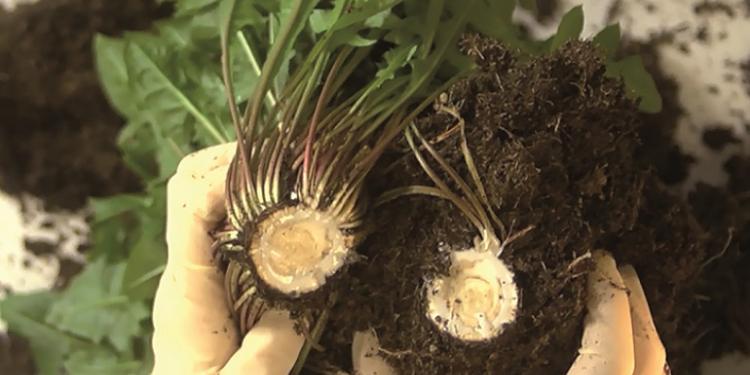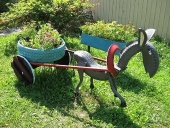
 7
7



 10
10



Creating sustainable life, beauty & food (with lots of kids and fun)
 11
11



 5
5



Celtic/fantasy/folk/shanty singing at Renaissance faires, fantasy festivals, and other events in OR and WA, USA.
RionaTheSinger on youtube.
Pop-up garden/vintage+ yard stand owner.

 3
3




Failure is a sign of activity and learning. It had nothing to do with under achievement
I never want to have a team member who has never failed - They are not doing!! 👍

 12
12



- Tim's Homestead Journal - Purchase a copy of Building a Better World in Your Backyard - Purchase 6 Decks of Permaculture Cards -
- Purchase 12x Decks of Permaculture Cards - Purchase a copy of the SKIP Book - Purchase 12x copies of Building a Better World in your Backyard
 14
14



Passionate advocate for living at a human scale and pace.
Help me grow the permaculture presence in Indiana https://permies.com/t/243107
Concise Guide to Permies' Publishing Standards: https://permies.com/wiki/220744
 11
11



Creating sustainable life, beauty & food (with lots of kids and fun)
 8
8



 In the end gave up on the idea because of the bad press of the idea no matter what the truth is. I did not find any good science showing a threat or showing it was not a threat. Yes huge tire piles do have nasty leachate. But we are talking piles with 100,000s of tires. Are a few tires a real threat? Nearly everything can be a threat if you concentrate enough of it.
In the end gave up on the idea because of the bad press of the idea no matter what the truth is. I did not find any good science showing a threat or showing it was not a threat. Yes huge tire piles do have nasty leachate. But we are talking piles with 100,000s of tires. Are a few tires a real threat? Nearly everything can be a threat if you concentrate enough of it.
Country oriented nerd with primary interests in alternate energy in particular solar. Dabble in gardening, trees, cob, soil building and a host of others.
 9
9





| I agree. Here's the link: http://stoves2.com |

